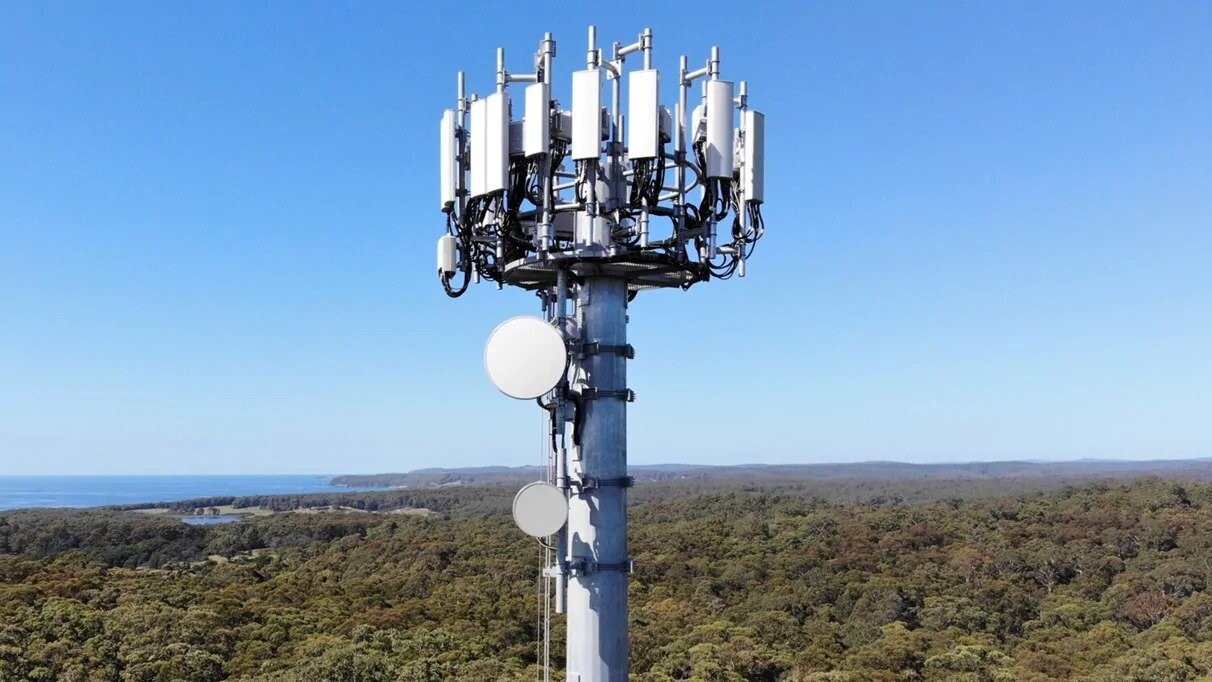Featured
Consumer concerns about environment rise dramatically
Globally, 8 in 10 consumers consider governments as being responsible for environmental protection, while almost the same proportion consider citizens responsible. And, in the last 20 years, concern about pollution has risen from a fifth to half of consumers.
This is a key finding of the latest Ericsson ConsumerLab report , which reveals fresh insights on consumer attitudes toward sustainability challenges – and how technology could help them to make a greater positive impact.
From governments and businesses, to millions of school children going on strike as part of Fridays for Future, the question of how to lead more sustainable lives has become more prevalent across society. But where do everyday consumers stand in this? Do their habits and actions reflect their perceptions? And do they consider ICT as a tool for helping them address their potential impact?
Ericsson’s latest ConsumerLab report: ‘Consumers, sustainability and ICT’ looks deeper into these topics.
Based on a quantitative study of 12,000 internet users from across the world, the report uncovers the current consumer mindset of leading environmentally sustainable lifestyles.
For example, in the last two decades alone, concern about air and water pollution has risen from concerning one in five consumers, to almost one in two. While consideration for climate change and global warming has also risen from 13 percent of consumers to 50 percent.
The study also includes consumers’ thoughts on where ultimate responsibility lies in mitigating environmental impact. Globally, 8 in 10 consumers consider governments as being responsible for environmental protection, with approximately 70 percent also considering citizens responsible. It’s clear that consumers also see the need for collective action, with 5 in 10 expecting companies and brands to uphold their share of the responsibility.
Consumers also see technological innovation as critical to tackling future environmental challenges, a statement backed up by 46 percent of those surveyed. Further, 36 percent would like their devices to offer guidance on living more environmentally consciously.
Interestingly, consumers who think technology will be crucial in solving future environmental challenges express almost twice the interest in various ICT solutions to help them live more environmentally consciously, compared to others.
“ICT tools and services can play a significant part in assisting consumer’s daily efforts to reduce their personal environmental impact,” says Zeynep Ahmet Vidal, Senior Researcher at Ericsson Consumer & IndustryLab and author of the report.
“We see in our study that consumers do perceive ICT as helpful as an aid in their daily life, be it for environmental, health, cost or convenience-related reasons. But ICT also has the potential to enable future innovation in climate action, and here the service providers have a unique opportunity and position to provide novel solutions that can aid consumers in making more sustainable choices in daily life.”
The countries involved in the study include the US, Brazil, the UK, Germany, Spain, Russia, South Africa, the Kingdom of Saudi Arabia, India, Malaysia, China and Australia. The sample consists of 1,000 respondents from each country.
Share
- Click to share on X (Opens in new window) X
- Click to share on Facebook (Opens in new window) Facebook
- Click to share on LinkedIn (Opens in new window) LinkedIn
- Click to email a link to a friend (Opens in new window) Email
- Click to share on Reddit (Opens in new window) Reddit
- Click to share on WhatsApp (Opens in new window) WhatsApp
- Click to share on Pinterest (Opens in new window) Pinterest
| Thank you for Signing Up |


















